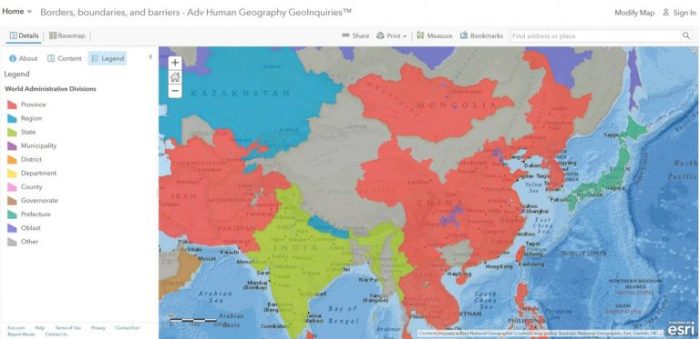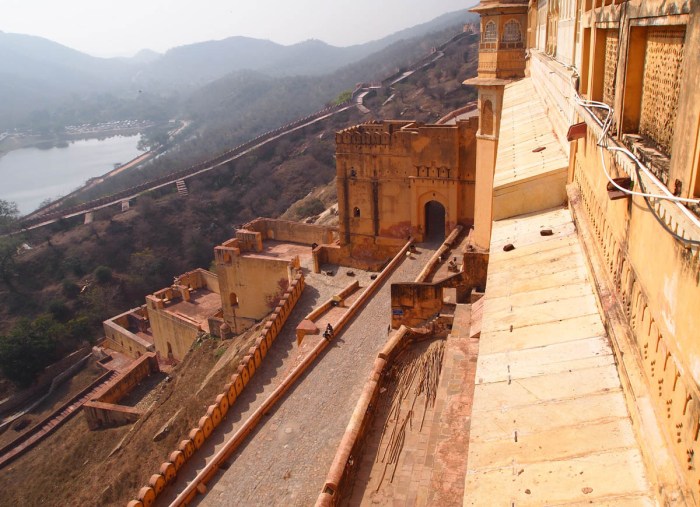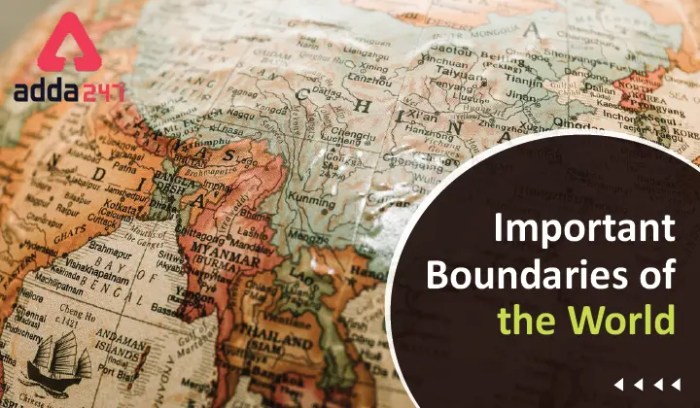Why do countries find it necessary to delimit their boundaries? This question sets the stage for an enthralling narrative that delves into the historical, political, and environmental imperatives that have shaped the boundaries of nations. From the earliest territorial claims to modern-day disputes, the delimitation of boundaries has played a pivotal role in shaping the geopolitical landscape of our world.
The historical significance of boundary delimitation, the political and economic considerations, the legal and institutional frameworks, the environmental and social impacts, and the role of technological advancements in this process are explored in detail, providing a comprehensive understanding of the complexities involved in defining and maintaining national borders.
Why Do Countries Find It Necessary to Delimit Their Boundaries?

Boundary delimitation, the process of establishing clear and recognized borders between countries, has been a fundamental aspect of international relations for centuries. It is driven by a complex interplay of historical, political, economic, legal, environmental, and social factors.
Historical Perspectives
Historically, boundary delimitation has been shaped by geographical features, political power dynamics, and cultural factors. Rivers, mountains, and other natural landmarks often served as natural boundaries, while political conquests and treaties defined borders based on military power. Cultural and ethnic identities also played a role in shaping boundaries, as communities sought to maintain their distinct territories.
Political and Economic Considerations
Boundaries have significant political and economic implications. They influence territorial disputes, resource allocation, and trade relations. Delimitation can determine which country controls valuable resources, such as oil, minerals, or water. It can also create or resolve territorial conflicts, leading to peace or instability in a region.
Legal and Institutional Frameworks
Boundary delimitation is governed by a complex legal and institutional framework. International law, treaties, and agreements provide the basis for boundary agreements. Boundary commissions and other bodies are responsible for implementing and maintaining boundaries, ensuring their accuracy and adherence to established principles.
Environmental and Social Impacts
Boundaries can have significant environmental and social impacts. They can affect ecosystem connectivity, resource access, and cultural heritage. Delimitation can create barriers to wildlife migration, disrupt traditional land use patterns, and displace communities. Environmental impact assessments and community consultations are essential to minimize these impacts.
Technological Advancements, Why do countries find it necessary to delimit their boundaries
Technological advancements have revolutionized boundary delimitation. Remote sensing, GIS, and other technologies have improved the accuracy and efficiency of boundary mapping. However, these technologies also pose challenges, such as data accuracy and the potential for boundary disputes based on technological interpretations.
Case Studies
Numerous case studies provide valuable insights into the complexities of boundary delimitation. Successful examples include the maritime boundary agreement between the United States and Canada, while contested cases include the Kashmir dispute between India and Pakistan. These case studies highlight the factors that contribute to successful outcomes and the challenges faced in contested cases.
Questions and Answers: Why Do Countries Find It Necessary To Delimit Their Boundaries
What is the historical significance of boundary delimitation?
Boundary delimitation has been a crucial aspect of international relations since the dawn of civilization, serving to define the territorial extent of states and regulate interactions between them.
How do political and economic considerations influence boundary delimitation?
Political and economic factors, such as territorial disputes, resource allocation, and trade relations, play a significant role in shaping the boundaries of nations.
What are the legal and institutional frameworks governing boundary delimitation?
The delimitation of boundaries is governed by international law, treaties, and agreements, which establish principles and mechanisms for defining and maintaining national borders.
How do environmental and social impacts affect boundary delimitation?
Boundaries can have significant environmental and social impacts, affecting ecosystem connectivity, resource access, and cultural heritage, which must be considered in the delimitation process.
What role do technological advancements play in boundary delimitation?
Technological advancements, such as remote sensing and GIS, have revolutionized boundary mapping, improving accuracy and efficiency, and presenting new challenges and opportunities for boundary delimitation.

